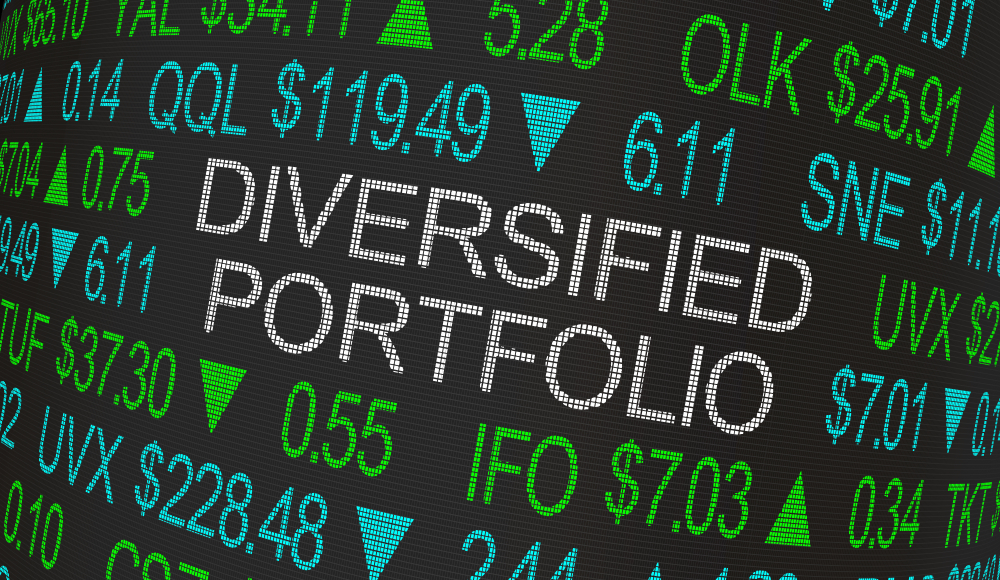The importance of portfolio resilience can’t be understated. This was never more evident than in the past few years, as the impact of COVID-19 was felt throughout the commercial real estate industry. As a result, more and more CRE pros have a growing interest in alternative asset classes within commercial real estate.

Investment opportunities in sectors like healthcare, data centers, self-storage and industrial logistics are all considerations for a diversified portfolio. So, the only question is, how will the industry adapt to changing market dynamics and generate stable returns in a variety of economic environments? That’s the subject of today’s post.
Enhancing Portfolio Resilience with Diversification
Diversification is a well-known investment strategy that aims to reduce risk by spreading investments across different asset classes. In the context of commercial real estate, diversification helps protect against market volatility, economic downturns and sector-specific risks. By diversifying their portfolios, commercial real estate professionals can achieve a more balanced risk-return profile and enhance their resilience to changing market dynamics.
Exploring Alternative Asset Classes
So, what are some alternative asset classes worth considering? Here are a few that offer the best potential when it comes to resilience in today’s fluctuating economy:
- Healthcare: The healthcare sector offers attractive investment opportunities due to its stability, long-term demand, and potential for growth. Investments in medical office buildings, hospitals, assisted living facilities, and other healthcare-related properties can provide consistent cash flow and potential appreciation, driven by demographic trends and the need for quality healthcare services.
- Data Centers: With the rapid expansion of technology and the increasing demand for cloud computing and data storage, data centers have emerged as a promising alternative asset class. Investing in data centers offers the potential for strong rental income, long-term leases, and a resilient tenant base, as businesses increasingly rely on digital infrastructure for their operations.
- Self-Storage: Self-storage facilities have proven to be a resilient asset class, demonstrating consistent demand even during economic downturns. The need for additional storage space, driven by downsizing, relocation, or seasonal storage requirements, provides a stable income stream for investors. Self-storage properties also benefit from relatively low operating costs and the potential for rent growth.
- Industrial Logistics: The rise of e-commerce and the need for efficient supply chains have fueled the demand for industrial logistics properties. Warehouses, distribution centers, and fulfillment centers are critical components of the growing online retail industry. Investments in industrial logistics offer the potential for steady rental income, long-term leases with reputable tenants, and capital appreciation driven by the sector’s strong growth prospects.
Stable Returns in Various Economic Environments
A well-diversified commercial real estate portfolio can generate stable returns across different economic environments. While certain sectors may outperform or underperform during specific market cycles, a diversified approach helps mitigate risk and balance the overall portfolio performance. The combination of traditional sectors and alternative asset classes provides income stability, potential for capital appreciation and reduced exposure to sector-specific risks.
Diversification is a key strategy for commercial real estate professionals aiming to enhance portfolio resilience. To see how Quarem can help you adapt to changing market dynamics and capture new investment opportunities, request a demo today.

